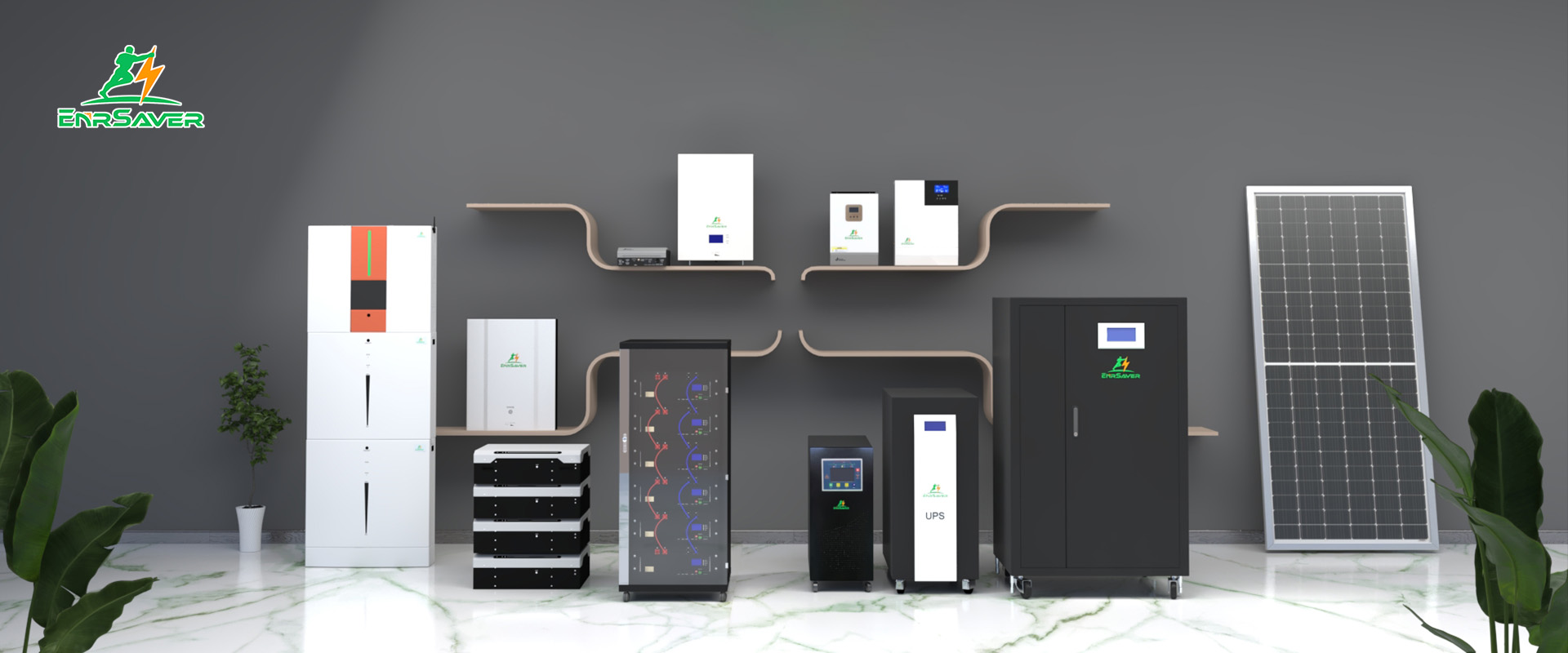How to choose batteries in solar systems
How to choose batteries in solar systems
Choosing the right batteries for a solar system is crucial to ensure optimal performance and longevity. Here are some key factors to consider when selecting batteries:
1. Battery Type:
There are various types of batteries available, including lead-acid (flooded, gel, and AGM) and lithium-ion batteries. Lithium-ion batteries tend to have a higher upfront cost but offer longer lifespan, deeper discharge cycles, and higher efficiency compared to lead-acid batteries.
2. Battery Capacity:
Determine the required battery capacity by calculating your energy needs. Consider both daily energy consumption and the number of consecutive cloudy days you want the system to power your appliances. Ensure the battery capacity can meet your energy demands without excessive discharge, which can shorten battery life.
3. Depth of Discharge (DoD):
Batteries have a DoD limit, which is the percentage of their capacity that should not be discharged to maintain their health. For lead-acid batteries, a DoD of 50% is typical, while lithium-ion batteries can often handle deeper discharges, up to 80-90%. Keep in mind that the deeper the discharge, the shorter the battery's lifespan.
4. Cycle Life:
Cycle life refers to the number of charge-discharge cycles a battery can endure before its capacity significantly degrades. Lithium-ion batteries generally have a higher cycle life than lead-acid batteries. Evaluate the expected number of cycles needed for your system and choose batteries accordingly.
5. Maintenance:
Different battery types require different levels of maintenance. Lead-acid batteries may need periodic water refilling and equalization charging, while lithium-ion batteries typically require minimal maintenance.
6. Temperature Range:
Consider the operating temperature range of the batteries and ensure it aligns with your location's climate. Extreme temperatures can significantly affect battery performance and lifespan.
7. Cost:
Balance the upfront cost of the batteries with their lifespan and performance. While lithium-ion batteries have a higher initial cost, their longer lifespan and better performance may make them a more cost-effective choice in the long run.
8. Brand and Warranty:
Research reputable battery manufacturers and suppliers that provide reliable products with solid warranties. A reliable brand can give you peace of mind regarding the quality and support.
Consulting an expert or a professional solar installer can help you assess your specific needs and select the most suitable batteries for your solar system.
You can see why the most commonly ask question we get asked here. It's also the most complicated and personal question to answer.
Grab your electric bill, go to our calculator and find the answers for your home.
I hope this was helpful. If so, give us a like a share and check out more of our videos and subscribe to our channel and all the store.
So we can notify you and more videos are available. We've been making renewable doable since 1999.

